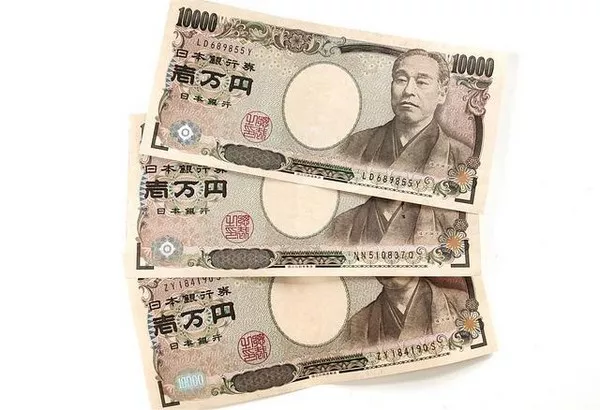In recent times, the Japanese yen has exhibited a remarkable trend of strength against major currencies, leaving analysts and market participants pondering the factors behind this unexpected resilience. Amidst global economic uncertainties and fluctuating currency values, the yen has proven to be a steadfast performer. This article explores the key reasons behind the strengthening of the Japanese yen and its implications for global financial markets.
Safe-Haven Status:
One of the primary drivers behind the strength of the yen is its renowned status as a safe-haven currency. Investors tend to flock to currencies perceived as safe in times of global economic turbulence, geopolitical uncertainties, or financial market volatility. The yen, historically known for its stability and low inflation, has become a favored choice for investors seeking refuge from market uncertainties.
The COVID-19 pandemic and geopolitical tensions have heightened global economic uncertainties, leading to increased demand for safe-haven assets. The yen, with its reputation for stability and low interest rates, has attracted investors looking to safeguard their capital amidst a challenging global landscape.
Japan’s Trade Surplus:
Japan’s consistent trade surplus is another factor contributing to the strength of the yen. The country has a long-standing tradition of exporting more than it imports, resulting in a surplus that boosts its currency. The trade surplus signifies strong demand for Japanese goods and services in the global market, leading to a continuous influx of foreign currency into the Japanese economy.
While a trade surplus typically contributes to currency strength, it is important to note that Japan has also faced challenges, such as an aging population and a shrinking workforce. However, the robust performance of Japanese exports, particularly in the technology and automotive sectors, continues to support the country’s trade balance and subsequently bolsters the yen.
Low-Interest Rates and Yield Differential:
The Bank of Japan (BOJ) has maintained a low-interest-rate policy for an extended period as part of its efforts to stimulate economic growth and combat deflation. While low-interest rates are often associated with a weaker currency, in the case of the yen, the impact has been more nuanced. The global search for yield, coupled with extremely low-interest rates in other major economies, has led investors to look for higher returns in Japanese assets.
The yield differential, which compares the interest rates of different currencies, has favored the yen in recent times. With other central banks, including the Federal Reserve and the European Central Bank, adopting accommodative monetary policies, the interest rate advantage of the yen has attracted global investors seeking relatively higher returns.
Japanese Fiscal Policy:
Japan’s fiscal policies have played a role in supporting the strength of the yen. The government’s commitment to maintaining economic stability and implementing measures to counter deflation has contributed to a favorable economic environment. Japan’s focus on infrastructure spending, innovation, and technological advancements has bolstered investor confidence and supported the overall strength of the Japanese economy.
Additionally, the government’s proactive approach to fiscal stimulus during challenging economic times, such as the global financial crisis and the COVID-19 pandemic, has contributed to the resilience of the Japanese economy and, consequently, the strength of the yen.
Global Economic Dynamics:
The performance of the yen is also influenced by global economic dynamics. Factors such as the overall health of the global economy, trade tensions, and major geopolitical events can impact investor sentiment and influence currency values. Japan’s position as a major global exporter makes it sensitive to changes in the economic landscape of key trading partners, further emphasizing the interconnected nature of currency markets.
See Also Why Do People Invest In Yen? A Closer Look
Conclusion:
In conclusion, the strength of the Japanese yen in recent times can be attributed to a combination of factors, including its safe-haven status, consistent trade surplus, low-interest rates, prudent fiscal policies, and the global economic landscape. As investors navigate through uncertain times, the yen’s resilience and attractiveness as a safe-haven asset have positioned it as a key player in the complex world of international finance.
However, it is essential to recognize that currency markets are dynamic and influenced by a multitude of factors. As global economic conditions evolve, so too will the dynamics impacting the strength of the Japanese yen. Investors and analysts alike should remain vigilant and adapt their strategies in response to changing market conditions and emerging trends in the currency landscape.


